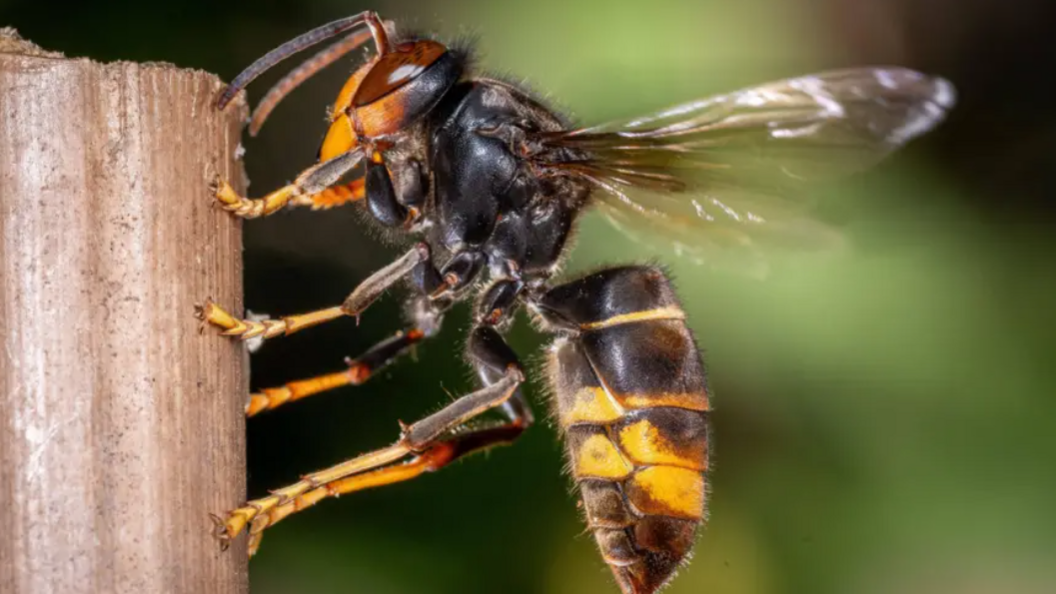'Troubling' fall in insects, says new bug survey
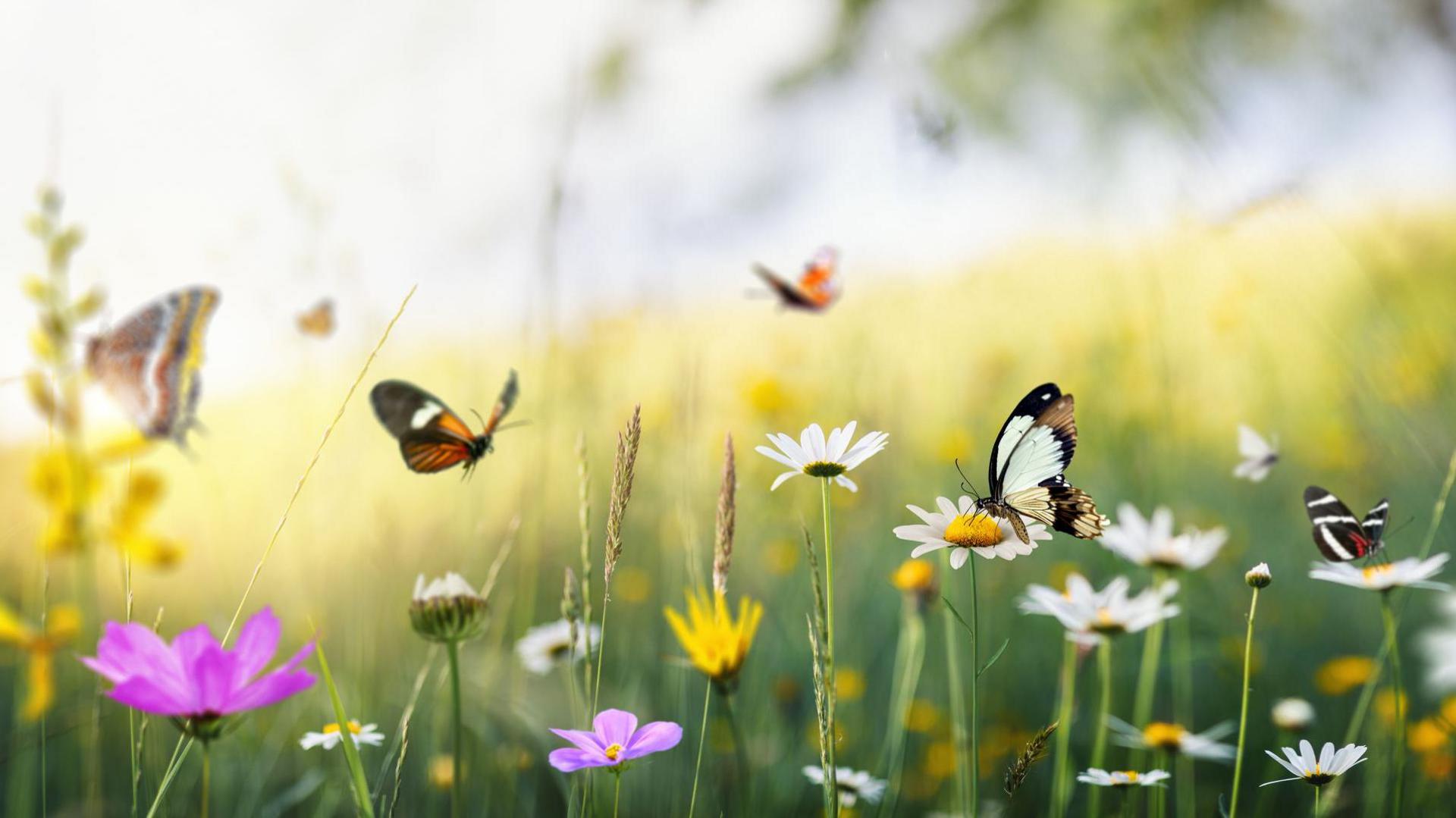
"Urgent action" is needed to help insects, says a wildlife expert
- Published
Insect life in Kent continues to plummet, according to "troubling" data in a new study.
The 2025 Bugs Matter "splat survey" revealed the number of flying bugs in the county has fallen by 66% in just five years.
"Insects... are incredibly important to maintaining healthy environments and delivering the services that we and other animals rely upon – from healthy soils... to pollinating crops," said Andrew Whitehouse of Buglife, an invertebrate conservation trust which co-authored the report with Kent Wildlife Trust.
"Urgent action is needed to restore nature at scale and reduce threats like pesticide use, habitat loss, and climate change," he added.
Steps to reverse insect decline
The yearly survey uses citizen scientists to record insect splats on vehicle number plates.
Data from nearly 2,000 journeys over 64,545km (40,106 miles) shows in Kent there has been an annual average decline in insects of 23% since the survey began in 2021, said the report.
"You might expect that the sunny spring and hot summer in 2025 would give insect numbers a boost, however the Bugs Matter data suggest otherwise," said Mr Whitehouse.
"Despite apparently favourable conditions for insects to thrive, we have recorded a fifth year of significant decline UK-wide."
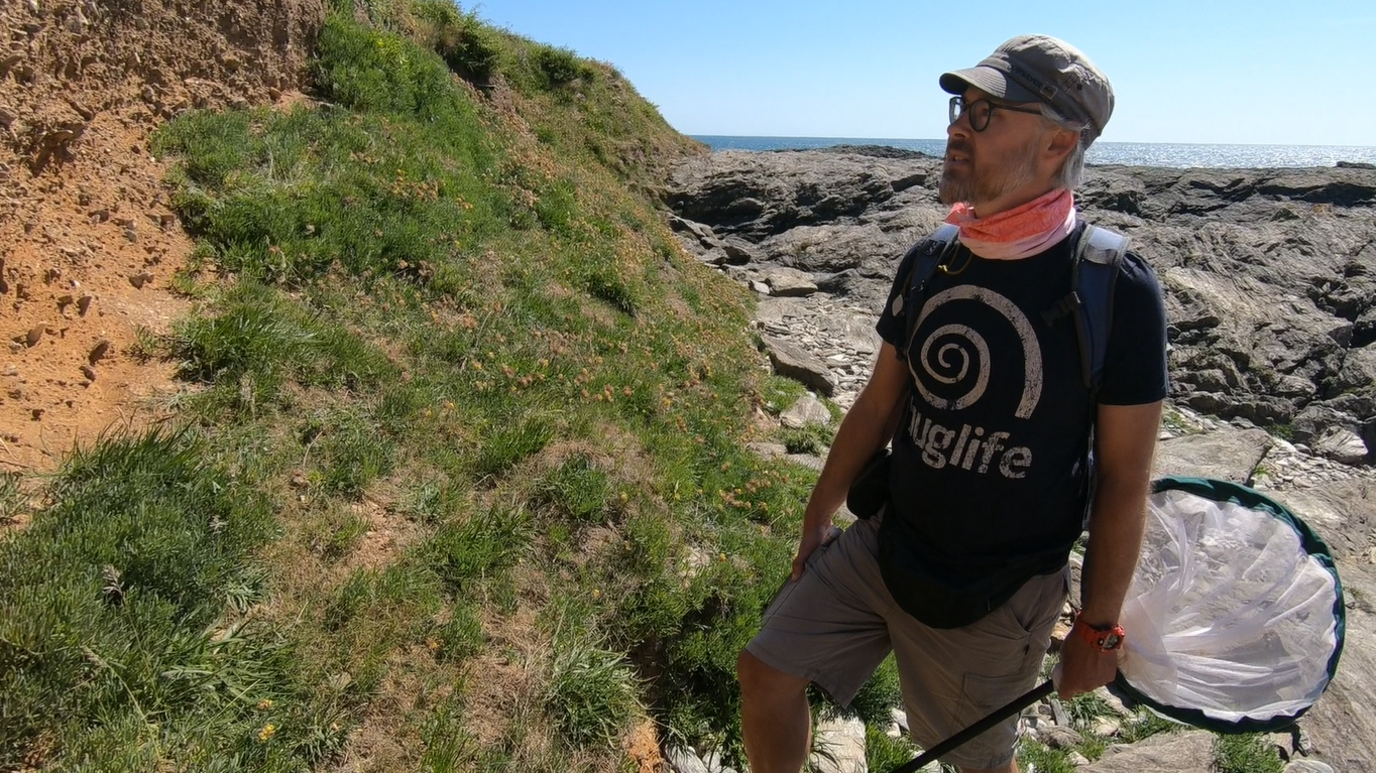
Mr Whitehouse (pictured) said the fall came despite favourable conditions for insects
According to Buglife and the Kent Wildlife Trust, there are many things people can do to reverse the decline in insect life.
These include:
Using alternatives to peat compost to help reduce carbon dioxide emissions
Eliminating or reducing use of pesticides
Letting grass grow longer and sowing wildflowers
Reducing carbon footprint, such as by buying locally-produced food or using local shops
Call for volunteers
The wider Bugs Matter survey highlights a 59% decline in splat rates across the UK between 2021 and 2025, corresponding to an annual decline of 19%.
"These results are extremely concerning," said Rosie Bleet of the Kent Wildlife Trust.
"This is a red flag for the state of nature in the UK that shouldn't be ignored."
She called on more people "to get stuck in next year and help track the numbers of these important creatures".
It is vital to "keep gathering data like this over a long timescale and over large geographic areas... to better inform conservation policy and practice," a spokesperson for the trust told the BBC.
Follow BBC Kent on Facebook, external, X, external, and Instagram, external. Send your story ideas to southeasttoday@bbc.co.uk, external or WhatsApp us on 08081 002250.
Related topics
- Published3 November
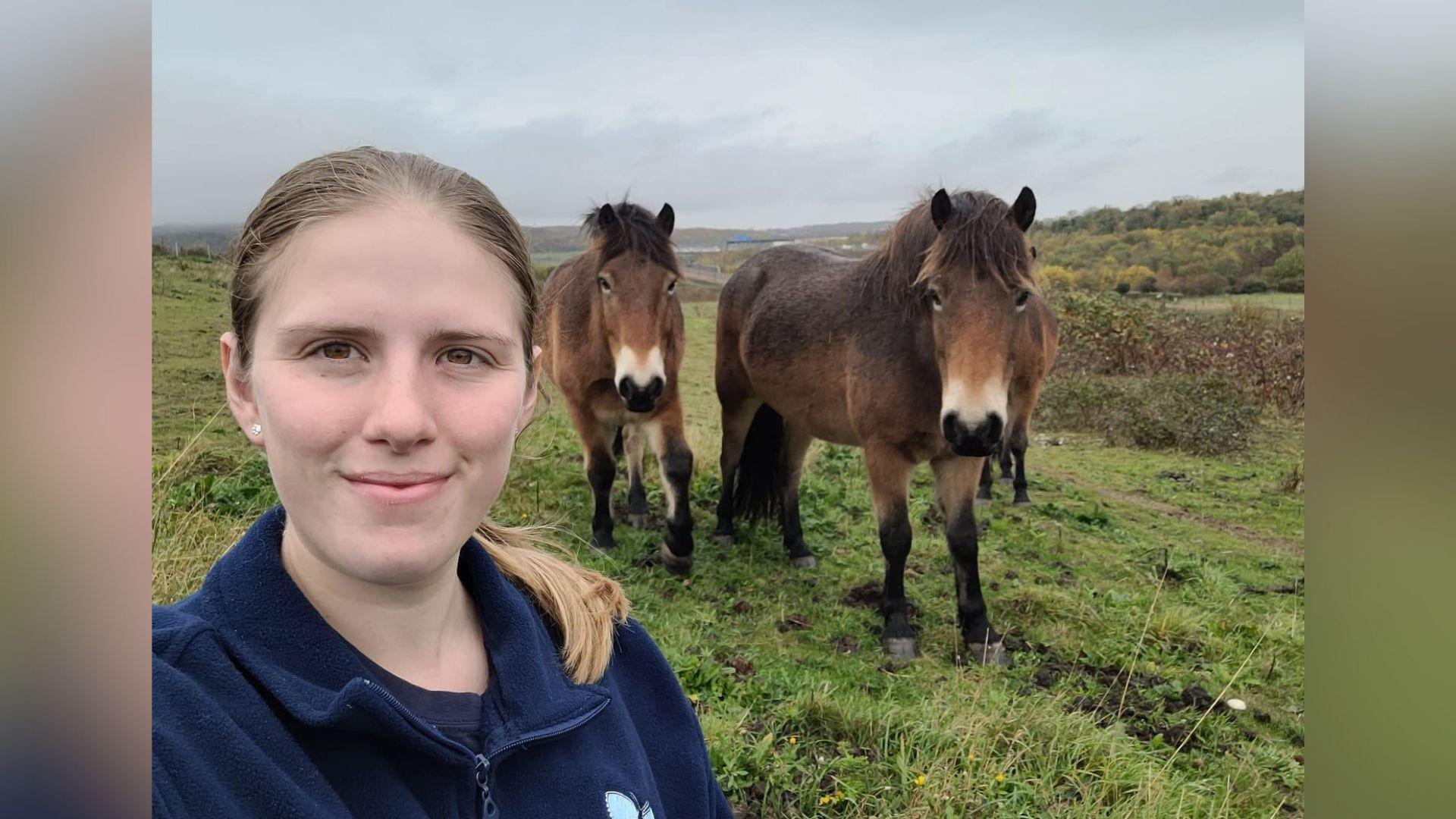
- Published11 September
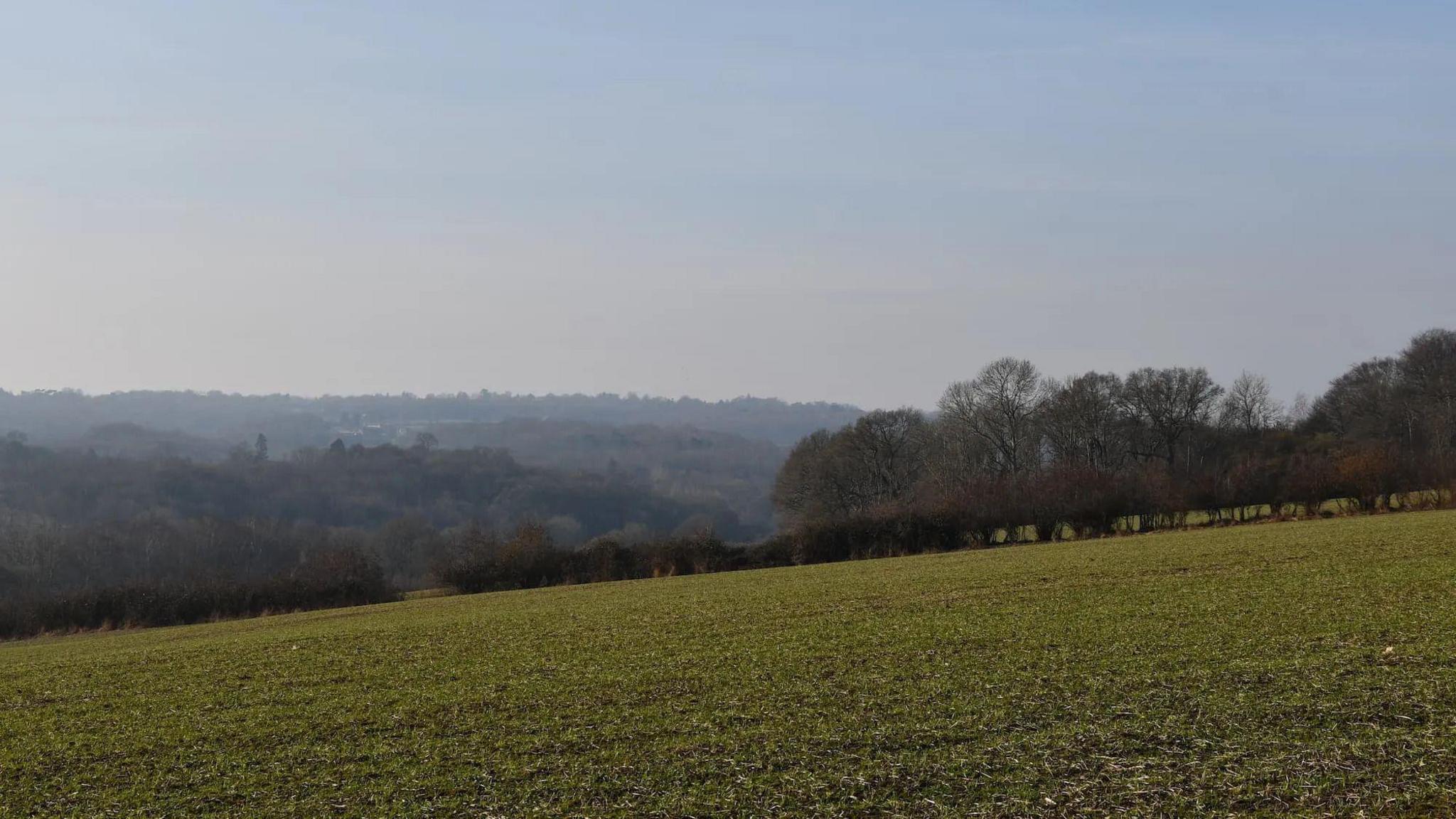
- Published10 August
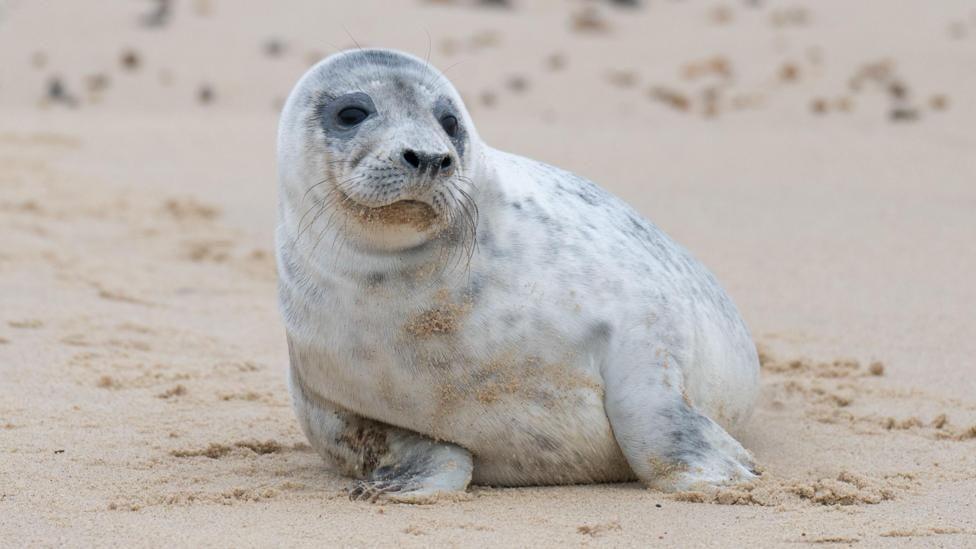
- Published14 October
